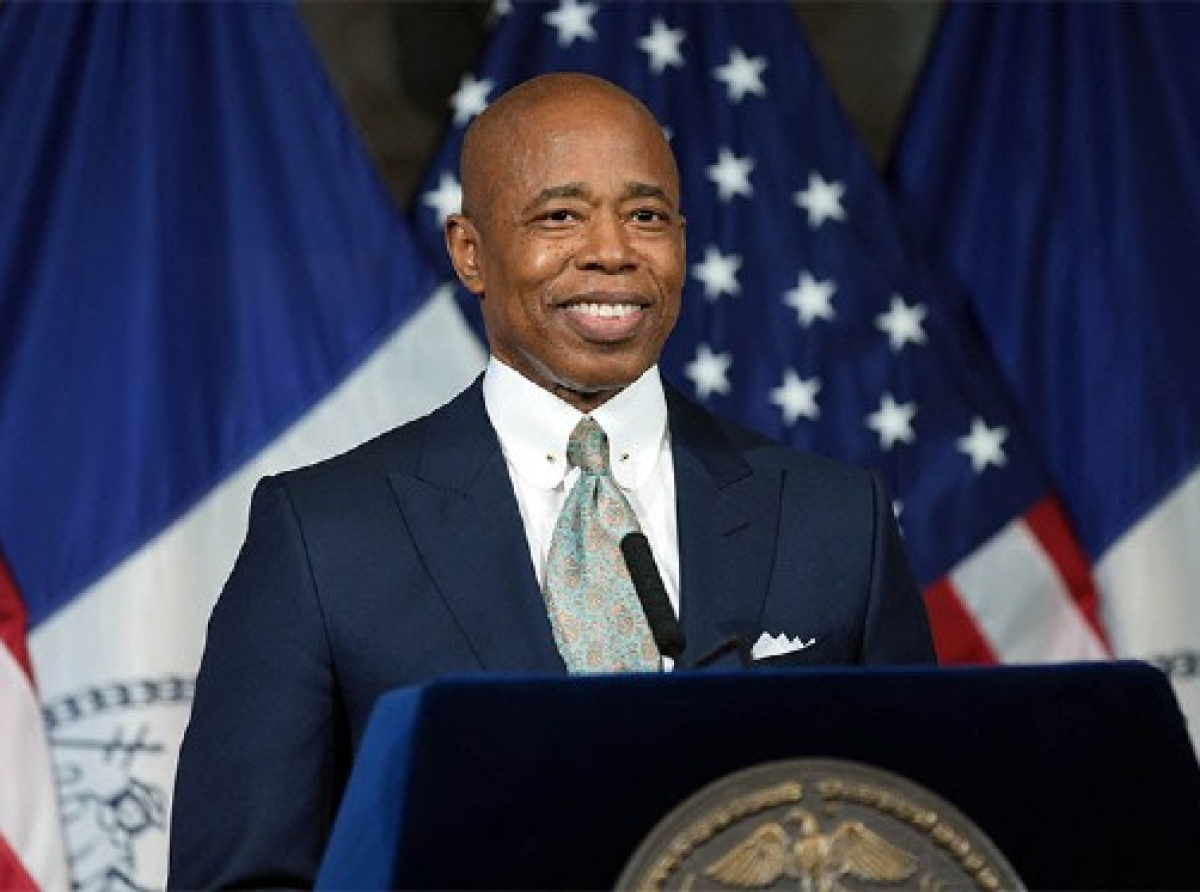NYC Mayor Announces New Initiative to Stabilize Budget to Deal With Migrant Crisis

NEW YORK, New York – New York City, Mayor Eric Adams, has announced several steps to stabilize the city’s finances amid the deepening migrant crisis.
Adams said because the city has been forced to bear most costs of the asylum seeker humanitarian crisis, at a time when revenue growth is slowing and COVID-19 stimulus funding is dwindling, the city faces “substantial fiscal disruption if circumstances do not change.”
Since the beginning of the asylum seeker crisis, the Mayor said New York City has taken urgent action, opening more than 200 emergency shelters for the more than 110,000 migrants who have arrived in the five boroughs seeking shelter.
Today, with about 10,000 asylum seekers still arriving each month, he said the city estimates “this mounting crisis will cost taxpayers US$12 billion over three fiscal years, an amount that will continue to grow without federal and state intervention and support”.
In an effort to maintain the city’s fiscal strength, Adams said that his administration is “actively working” to reduce housing and other costs by transitioning migrants out of the shelter system and humanitarian emergency response and relief centers to more cost-effective shelter, in addition to looking closely at other ways to reduce the costs of caring for the asylum seekers.
He said his administration will also be taking additional actions to control spending and promote budget savings that will be announced in the near future.
Adams said that these costs may affect every city service.
As such, he has directed every agency to implement a five per cent reduction in city-funded spending in each year of the financial plan through a Programme to Eliminate the Gap (PEG), as part of the upcoming November Plan, Preliminary Budget and Executive Budget.
Adams said his administration will seek to minimize disruption to programs and services, and that there will not be layoffs.
“Since the large influx of asylum seekers to our city began last spring, we have warned New Yorkers that every city service could be impacted by this crisis if we did not get the support we needed,” he said.
“Coupling the costs of a national crisis that has fallen onto New York City with COVID funding that is running out and reduced revenue growth, our city’s financial future may be at risk if we do not act.”
Last month, Adams unveiled an updated forecast for asylum seeker costs, showing that the asylum seeker population has grown faster than previously anticipated and that absent additional state and federal support, the crisis could cost the city more than US$12 billion over three fiscal years.


